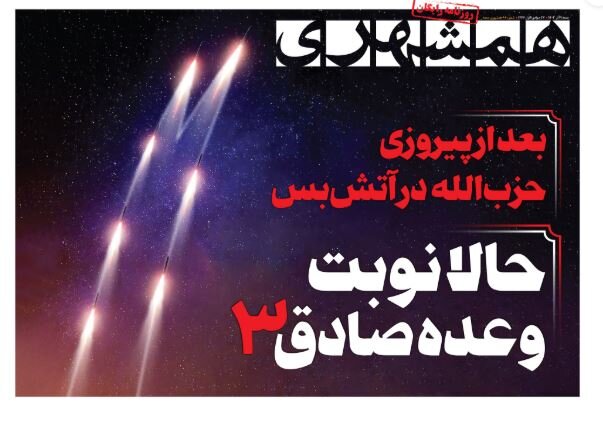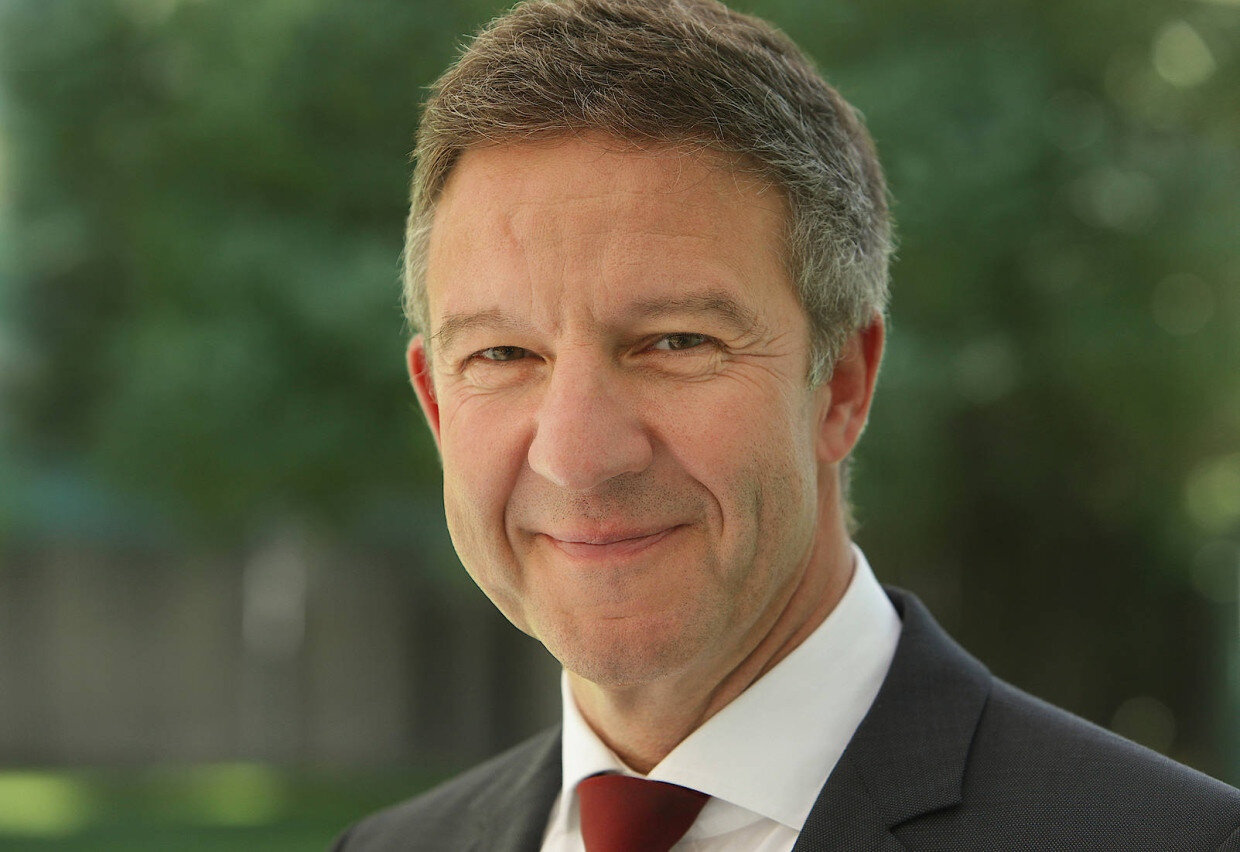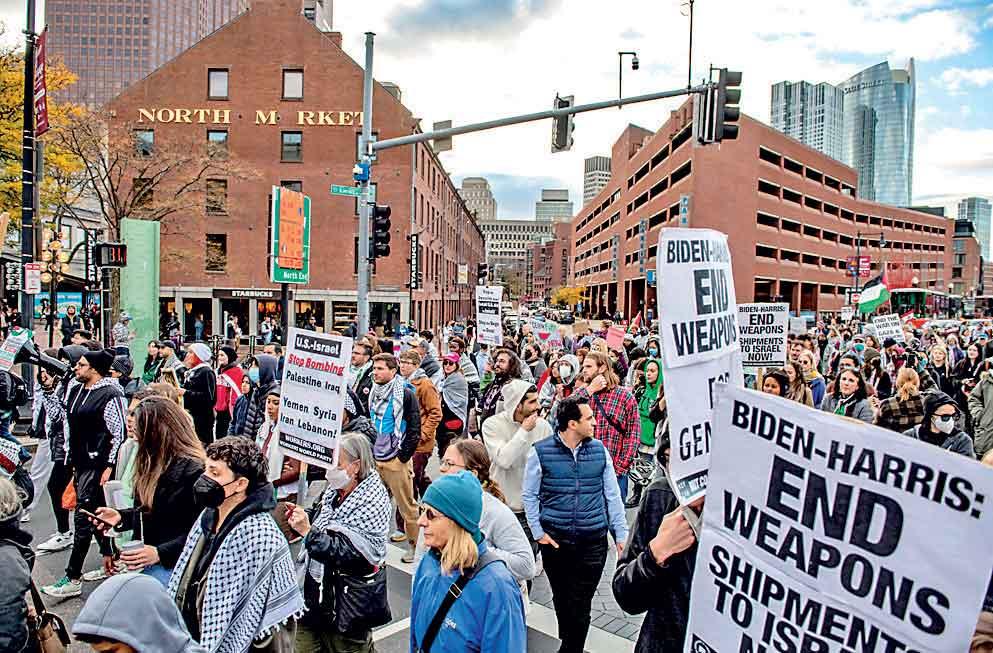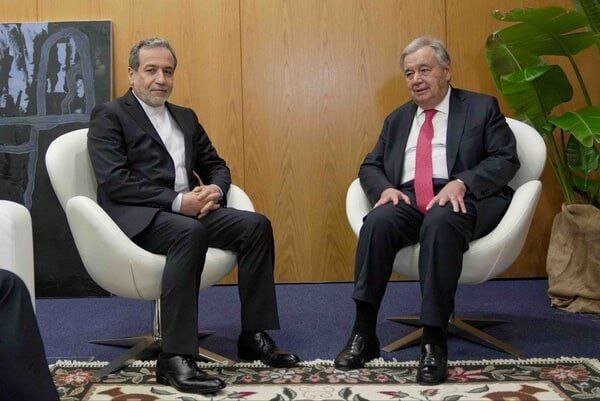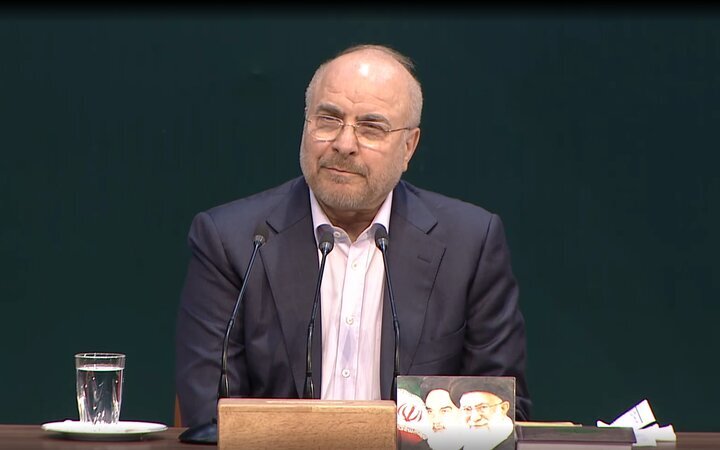Crescent International

Army sharp shooters posted atop tall buildings surrounding D-Chowk in the capital opened fire on the unarmed protesters below.
D-Chowk is the heart of Islamabad.
Tear gas shelling accompanied the shooting.
According to eye witnesses, the firing went on for at least half hour.
By the time it stopped, there were more than 270 people murdered in cold blood.
Some were crushed to death under military vehicles.
Hundreds of others were injured, several in critical condition and may succumb to their injuries.
Independent journalists on the ground—not the paid touts that shamelessly spout army propaganda—reported that more than 1,000 Pakistan Tehreek-e Insaf (PTI) members have been arrested.
There is little doubt that the orders to shoot came directly from the army chief, Asim Munir.
A venal character, he is in his post illegally.
In a deal with Nawaz Sharif, that other venal character of Pakistani politics, he was elevated to the army’s top position.
The list of crimes that general Munir and his fellow thugs in uniform have committed is very long.
PTI supporters were protesting peacefully.
They demanded the release of their jailed leader Imran Khan.
He was ousted in a military-engineered coup and has been imprisoned on completely bogus charges.
While PTI supporters came in huge numbers—this clearly unnerved the army-installed regime’s operatives—the gatherings were completely peaceful.
Before the blood of the martyrs was even washed away from the streets, the battle of narratives began.
Not surprisingly, the regime and its clownish spokesmen are trying to downplay the number of casualties.
Media outlets such as Dawn, Pakistan’s largest English language newspaper, had this to say:
‘Casualties of marchers’ main bone of contention between govt, PTI.
What ‘government’ is Dawn talking about?
It is a regime installed by the army that comprises opportunistic, shameless and corrupt politicians.
They will sell their mothers to be allowed to stay in power.
Pakistan is under de facto martial law.
The thugs in uniform have put their civilian puppets in front to create the impression that there is a civilian government in power.
Pakistani television channels, on orders from the army, have started the totally nonsensical debate that PTI should not have launched its campaign.
They have gone so far as to allege that the deaths of protesters is the fault of PTI.
It is in the army’s interest to blame the victims for its brutal murder of innocents.
For the vast majority of people, this is not a Pakistani army.
It is a mercenary outfit which will eagerly serve any foreign master willing to pay them dollars.
If there are any naïve Pakistanis who still harbour the illusion that it is “our army”, the slaughter of November 26 night should remove those lingering doubts.
Pakistan does not need an army of criminals and parasites that is sucking the blood of the people to maintain their rapacious lifestyle.
While they cannot fight any external enemy, they are eager to show their prowess by killing their own people.
Pakistanis must also disabuse their minds from the notion that not everyone in the army is bad.
The entire lot is rotten to the core.
After all, it was not Asim Munir or his generals who pulled the trigger on the machine guns mounted on top of buildings.
It was rank and file soldiers.
For them to obey illegal orders and kill innocent civilians puts them beyond the pale.
The people of Pakistan will have to prepare for a revolution and completely demolish this imposed system in which the slaughter of innocent people is the norm.
The new system that will be established will have no room for a mercenary army.
Let that sink in otherwise many more innocent lives will be lost.
And Pakistan may not survive much longer either.
Imran KhanIslamabadPakistan ArmyPTID-ChowkArmy kills innocent civilians

